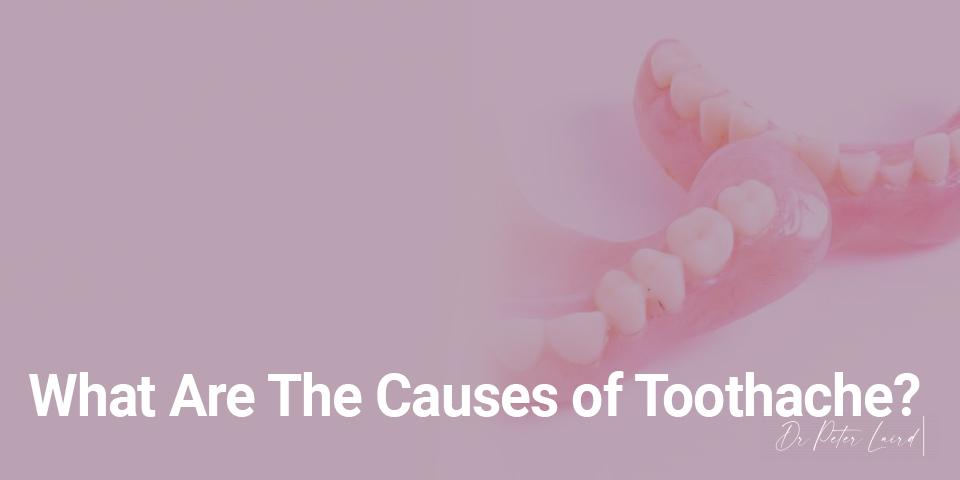Having a toothache is one of the most unpleasant things that can happen to anybody. A toothache is a pain in or around a tooth that many dental problems may cause. It can happen suddenly, and when it does, the pain is so discomforting you feel you want your entire teeth to be removed.
Continue reading to know more about the causes of toothache, when to see a dentist, and how you can relieve and prevent a toothache.
What Are The Possible Causes of Toothache?
There are various reasons why someone might experience a toothache, some more serious than others. Some of the causes of toothache are:- Cavities: Some bacteria present in the mouth produce acid. This acid eats away at the teeth\’ enamel, creating a hole in the tooth called a cavity.
- Gum disease: Gum disease is a condition that is caused by bacteria that accumulate on the gums and cause inflammation. This can lead to tooth loss.
- Abscesses: Abscesses are pockets of infection that can form in the gums or at the root of a tooth.
- Impacted wisdom teeth: Impacted wisdom teeth are teeth that have not fully erupted from the gums. They can cause pain and infection if they are not removed.
- Teeth grinding: Continuous grinding of the teeth can lead to stumped teeth and cause pressure on your gums. The final results show frequent pain in your teeth.
- a cracked tooth
- a tooth that has been injured
- a tooth that has been exposed to too much heat or cold
How To Treat Toothache At Home?
You can do some things at your home to ease a toothache. Rinsing your mouth with salt water can help reduce inflammation and pain. Another thing is to use a cold compress to reduce inflammation and pain. If the pain is serious, you could take over-the-counter pain medication, such as ibuprofen or acetaminophen. If the toothache doesn’t go away after a few days, or if it is accompanied by other symptoms, such as fever, swelling, or drainage, you should see a dentist. A dentist can examine the tooth and determine the cause of your toothache.When To See A Dentist
There are many times when you may need to see a dentist about a toothache. Knowing when to see a dentist can help you get the care you need and avoid further pain and complications. If you experience a toothache, you should schedule an appointment with a dentist as soon as possible. Toothaches can be a sign of a severe problem, such as an infection. If left untreated, an infection can spread to other parts of your body. You may experience symptoms such as swollen gums, fever, or pain when chewing if you have a toothache. If you have a dental emergency, you need to see a dentist right away. Waiting to see a dentist can further damage your teeth and gums. If you are in pain and do not have a dental emergency, you may be able to wait for a few days to see a dentist. However, it would be best not to wait more than a week to see a dentist. Seeing a dentist right away is the best way to treat a toothache and avoid further pain and complications.Preventing A Toothache
Toothaches can be incredibly painful and debilitating, so it\’s essential to take steps to prevent them from happening in the first place. Here are some tips for avoiding toothaches:- Brush your teeth regularly. This is the crucial thing you can do to prevent toothaches. Make sure to brush your teeth at least twice a day. Make sure to brush all your teeth, not just the ones you can see.
- Floss your teeth regularly. Flossing is just as important as brushing, and it’s crucial to floss every day.
- See your dentist regularly. You should pay a visit to your dentist for a check-up at least every six months.
- Avoid sugary foods and drinks. Sugar is terrible for your teeth, leading to tooth decay and toothaches.
- Avoid acidic foods and drinks. Acidic foods and drinks can also damage your teeth and lead to toothaches.
- Use a mouthguard if you play sports. It can help protect your teeth from injury.
- Keep your teeth healthy and free of plaque. Plaque can cause tooth decay and lead to toothaches.
